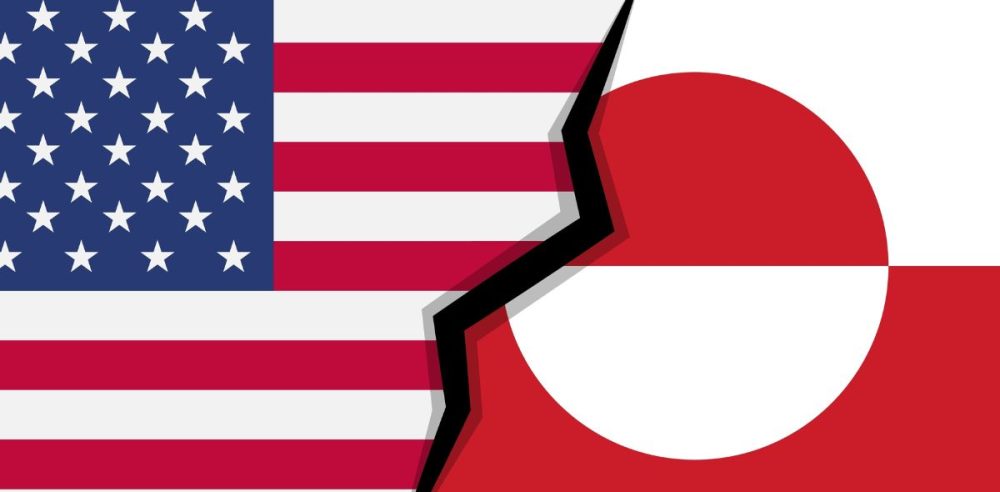Greenland’s parliament will soon see a political shakeup after its March 11 parliamentary elections.
The Arctic island’s Demokraatik party led with almost 29.9% of the vote, and the Naleraq party captured second place with 24.5%, CNN reported.
This comes a week after President Donald Trump told Congress during his address to the joint session that he supports Greenland’s citizens “right to determine your own future,” adding that “if you choose, we welcome you into the United States of America.”
Trump followed up later on his social media platform, Truth Social.
“We will continue to KEEP YOU SAFE, as we have since World War II. We are ready to INVEST BILLIONS OF DOLLARS to create new jobs and MAKE YOU RICH — And, if you so choose, we welcome you to be a part of the Greatest Nation anywhere in the World, the United States of America,” Trump posted on March 9.
The election results are being billed by some outlets as an “upset” or a “snubbing” of Trump.
Some pro-Trump American commentators have depicted this as a victory. Eric Daugherty posted Trump’s presidential portrait along with a message announcing the election results.
Author Ryan James Girdusky responded, “The party is anti-Trump… so I’m not exactly sure why you posted his pic with the election results.”
The party is anti-Trump… so I’m not exactly sure why you posted his pic with the election results
— Ryan James Girdusky (@RyanGirdusky) March 12, 2025
Both the Demokraatik and Naleraq parties favor independence from Denmark, although the Demokraatik party reportedly favors a slower approach.
“People want change … We want more business to finance our welfare,” Jens-Frederik Nielsen, the Demokraatit party’s leader, told Reuters after the results were announced. “We don’t want independence tomorrow, we want a good foundation.”
Contrastingly, Naleraq’s Prime Minister candidate Pelé Broberg wrote an editorial for U.S. News & World Report just two days before the election that appeared to signal his desire for independence as soon as possible.
Broberg said independence would help everything from labor issues to business and would give Greenlanders more control over their major industries, such as fishing. He explained that independence was neither about contempt for Denmark nor love for the idea of joining America, although many of his comments were critical of Denmark.
“Greenland was unilaterally transformed from a colony into a Danish county in 1953 without a vote. Today, we would call that annexation. The EU recognizes our right to independence under the UN Charter, yet it remains silent as Denmark undermines that right,” he wrote.
He concluded, “Greenland’s departure from the Danish kingdom is not about severing ties – it is about reclaiming our dignity, our governance and our future.”
Trump-related pro-independence excitement was made explicit by other political figures.
Broberg’s fellow partyman, Qupanuk Olsen, a Greenlandic social media personality and candidate for parliament, previously told Reuters: “I strongly believe all this interest from Trump and the rest of the world is definitely speeding up our independence process times 100.”
Denmark’s leaders have historically opposed efforts to let Greenland have independence.
During his first stint as President in 2019, Trump floated the idea of buying Greenland.
“Greenland is rich in valuable resources such as minerals, the purest water and ice, fish stocks, seafood, renewable energy and is a new frontier for adventure tourism. We’re open for business, not for sale,” the country’s foreign ministry responded on Twitter in 2019.


